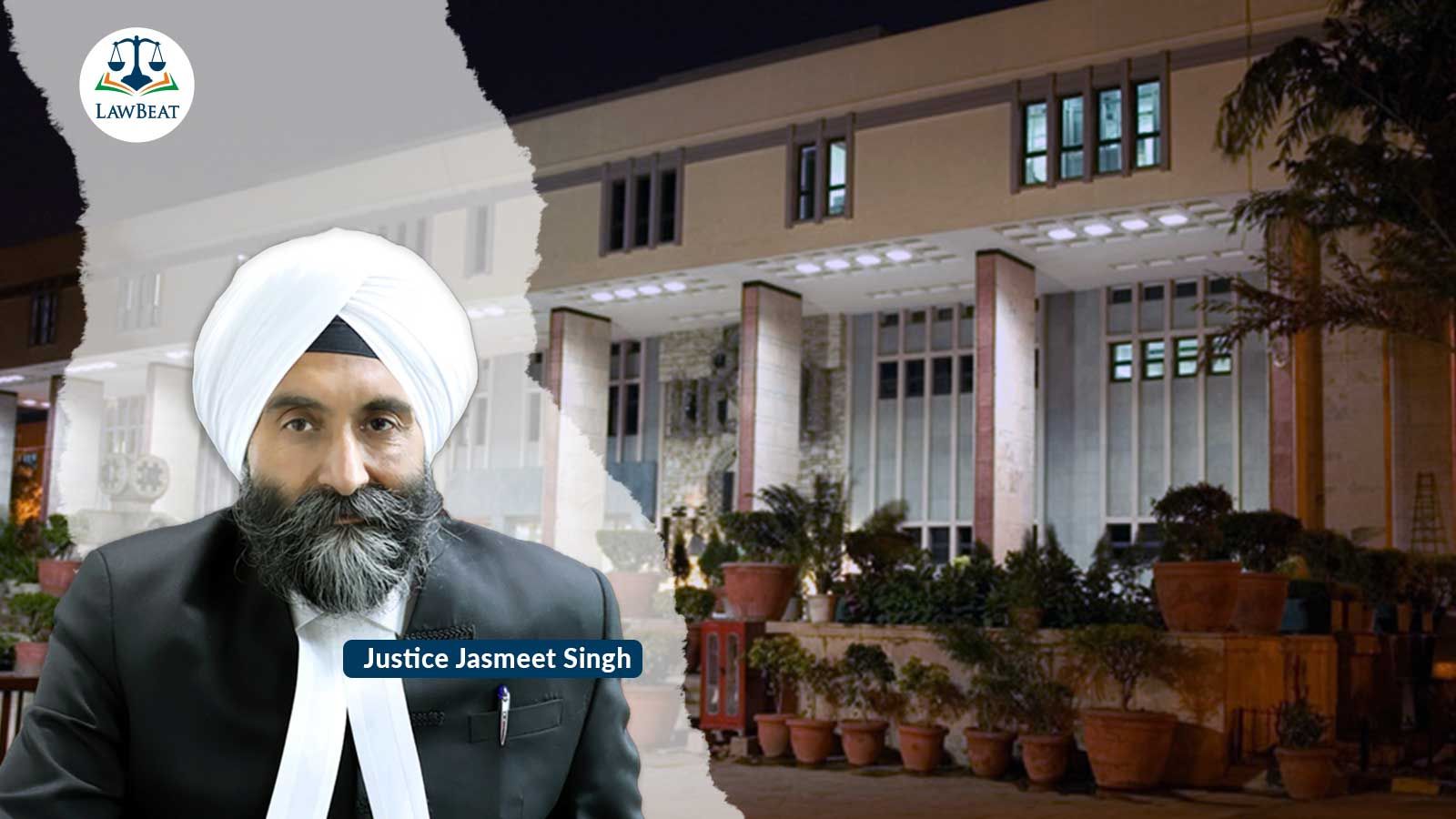Delhi High Court Warns Against Misuse of Contempt Law; Dismisses Petition

Court emphasized that the conduct of pursuing contempt proceedings against a district court judge solely because grievances were not duly addressed is "severely misguided and should be deterred"
The Delhi High Court has cautioned against the misuse and abuse of the process of contempt law while dismissing a petition that sought the initiation of contempt proceedings against a district court judge in an individual capacity.
The court described this as an "unmitigated attack on the majesty and honesty" of the judiciary.
While addressing the issue, the bench of Justice Jasmeet Singh said, "The courts are constitutional institutions that preserve and secure the rights and liberties of each citizen of this country with the utmost vigilance and caution…The Constitution of India, 1950 and the legal framework of the country provide adequate safeguards to challenge the decision taken by a court. However, unavailing of such liberties and pursuing contempt against a judge in an individual capacity is an unmitigated attack on the majesty and honesty of the courts".
The judge emphasized that the conduct of pursuing contempt proceedings against a district court judge solely because grievances were not duly addressed was "severely misguided and should be deterred."
The case before the court involved a petition seeking contempt proceedings against an Additional District Judge (ADJ), a lawyer, and another individual, alleging "wilful and malafide" refusal to follow, disobey, and evade the law.
Justice Singh dismissed the petition, ruling that the ADJ concerned could not be held guilty of contempt of court.
The court held that a judge may be found guilty of contempt of court if there is evidence of gross and intentional misuse of the judicial process, corruption, or intentional insubordination. In this particular case, no such grounds were established.
While refraining from initiating contempt action against the petitioner, the court noted that he was suffering from neurological issues. However, it warned the petitioner "against misusing and abusing the processes of the Contempt of Courts Act, 1971."
The high court noted that the petitioner had attempted to employ contempt proceedings to seek an explanation from the ADJ for his decision, which was impermissible.
“The petitioner has attempted to make use of the contempt proceedings to seek an explanation from the ADJ for the decision taken by him. In case such petitions are entertained, the judge, who is a party by name, will have to file a reply giving explanations and reasoning for his decision. This is impermissible”, it said.
Regarding the lawyer, who was also implicated as an alleged contemnor, the court clarified that he was acting in his professional capacity and could not be included in the contempt proceedings in his personal capacity.
The court underlined that judicial independence encompasses the independence of the bar, ensuring lawyers can carry out their professional duties in a secure and unbiased environment.
Case Title: Vijay Kumar Agarwal v. Parveen Singh and Ors.
